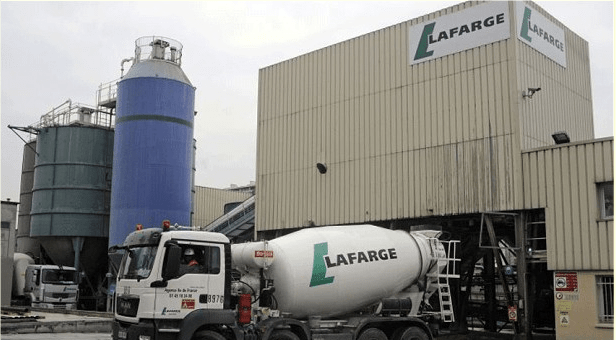Lafarge Africa Plc has issued a N60 billion commercial paper (CP) to raise funds for short- term obligations and to authenticate the CP programme, the FMDQ Securities Exchange board listing, markets and technology committee has approved the registration of the CP Programme, to its platform.
The FMDQ OTC Securities Exchange or the OTC Exchange, in maintaining its support for the development of the Nigerian debt capital markets (DCM),deploys its platform, amongst others, to enhance the registration, listing, quotation and trading of debt securities in the Nigerian financial market.
In this regard, the FMDQ Board Listings, Markets and Technology Committee, on Wednesday, 18th October 2017, approved the registration of the Lafarge Africa Plc’s ₦60.00 billion Commercial Paper Programme (the Lafarge CP Programme), to the platform of the OTC Exchange.
With the CP programme registration, Lafarge will be able to easily raise short-term finance from the DCM, within the programme limit, to support its business operations as at when required in the future.
This is well in line with FMDQ’s aspiration to support institutional growth and stimulate continuous development of the Nigerian economy at large.
FMDQ revealed to Daily Times Nigeria that the OTC Exchange continues to exert commendable efforts in aligning the Nigerian financial markets to international standards, and has, through the promotion of product innovation and the championing of key market development initiatives, ensured that opportunities abound for the markets under its purview.
This CP programme registration comes shortly after the OTC Exchange hosted the 2017 Nigerian Debt Capital Markets Conference on September 28, 2017, which availed local and international market participants a well-rounded platform to discuss and strategise on actionable steps to effectively position the Nigerian DCM for growth within the global financial markets space.
A Commercial Paper, Daily Times recalls, is a money-market security issued (sold) by large corporations to obtain funds to meet short-term debt obligations (for example payroll), and is backed only by an issuing bank or company promise to pay the face amount on the maturity date specified on the note.
When one invests in a commercial paper, the investor purchases at a discount to receive the full value at maturity. Meanwhile, with commercial paper, the yield is usually higher than for any of the other money market instruments because its repayment lies on the ability of the issuing company to honour the repayment obligation.




